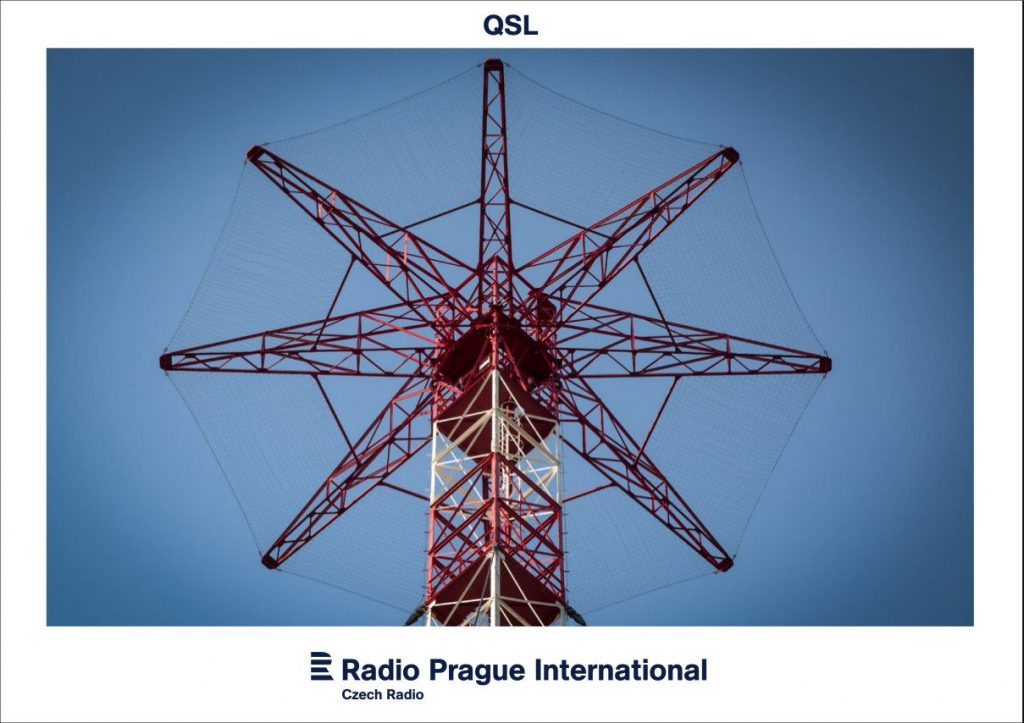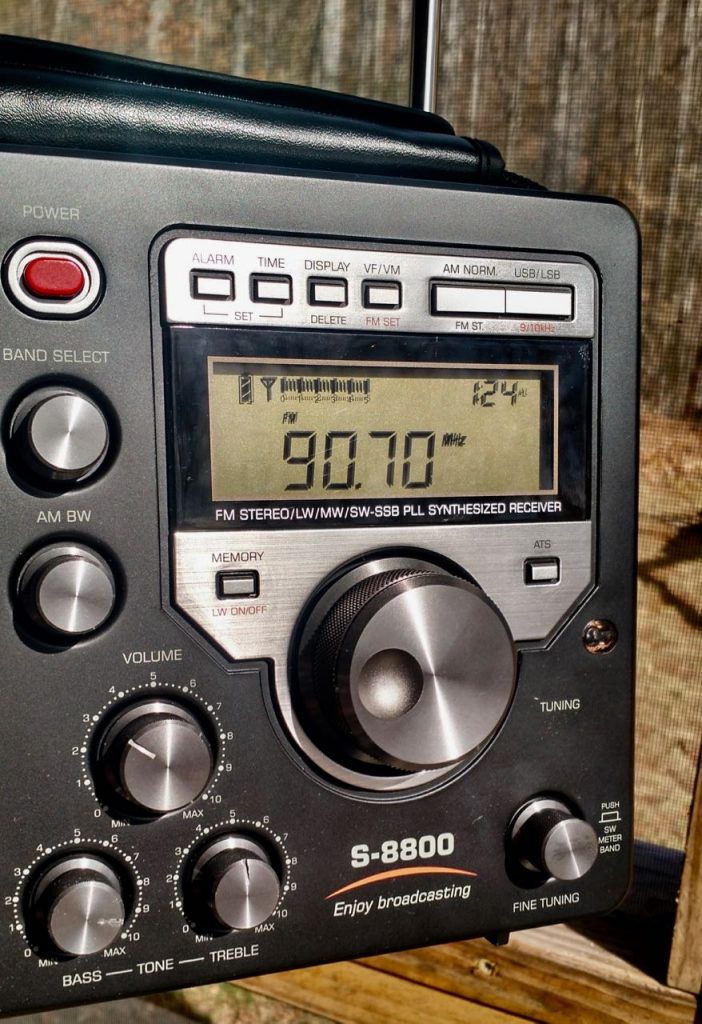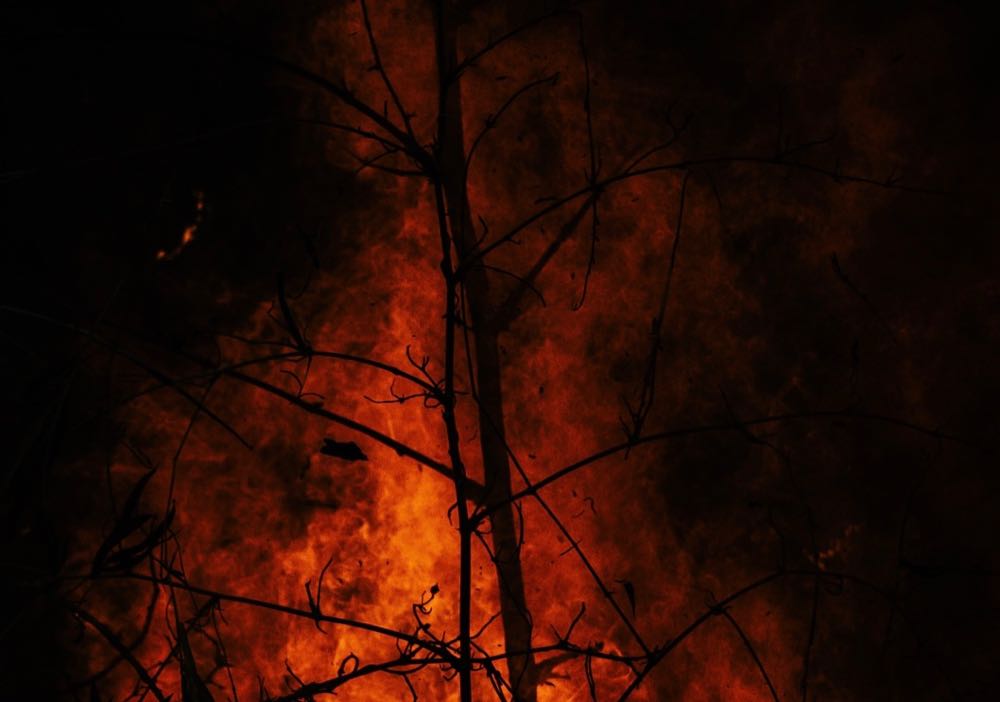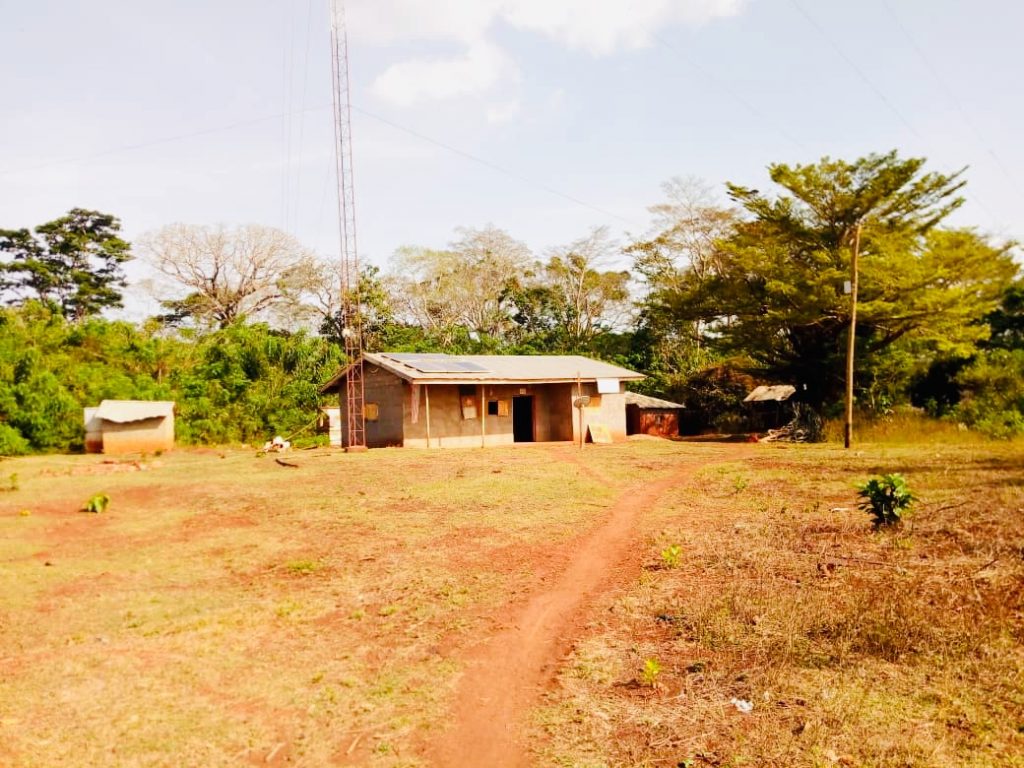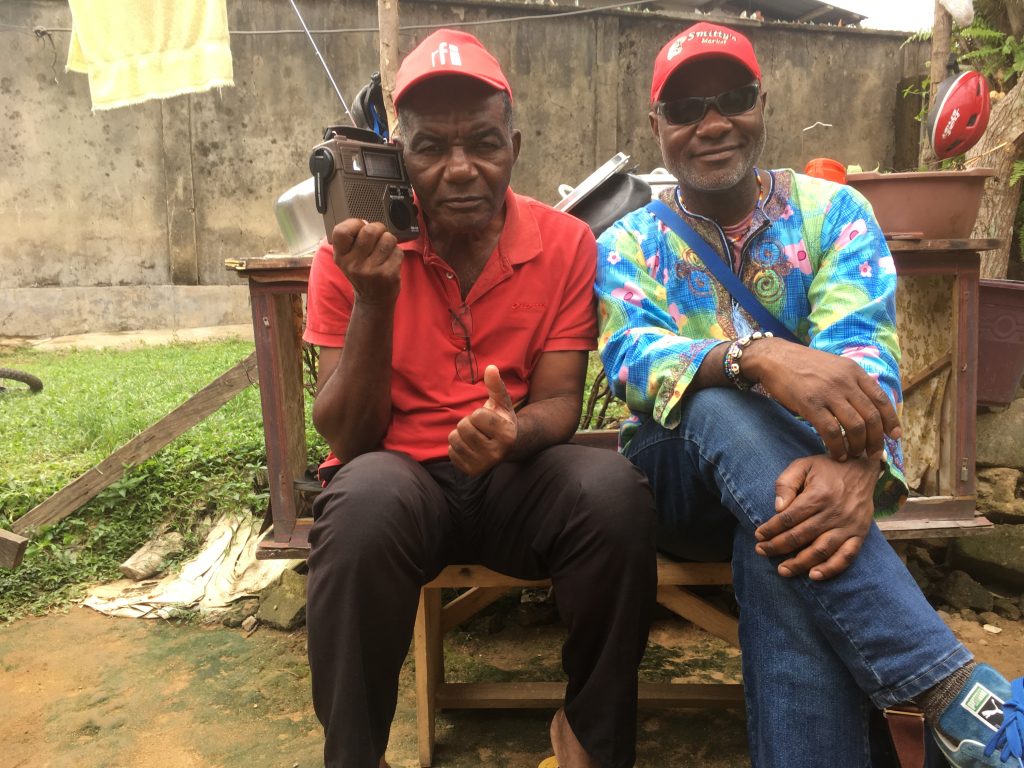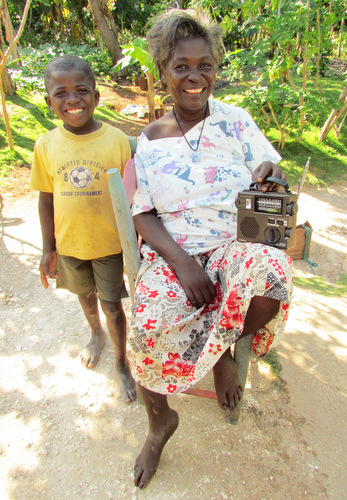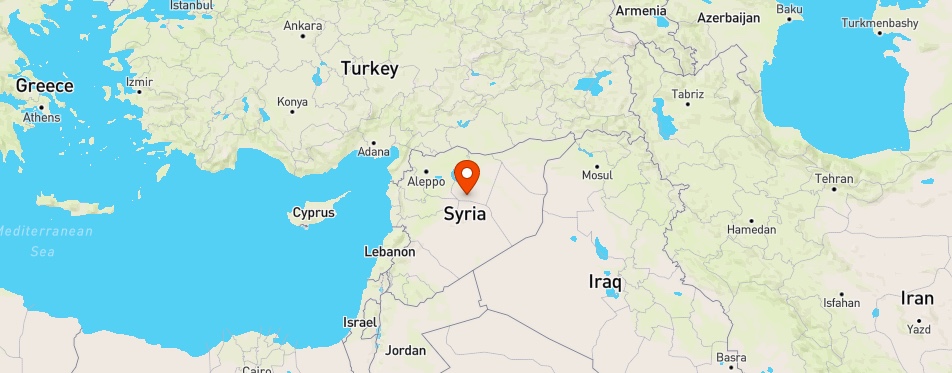Radio Waves: Stories Making Waves in the World of Radio
Because I keep my ear to the waves, as well as receive many tips from others who do the same, I find myself privy to radio-related stories that might interest SWLing Post readers. To that end: Welcome to the SWLing Post’sRadio Waves, a collection of links to interesting stories making waves in the world of radio. Enjoy!
Many thanks to SWLing Post contributors Roseanna, the International Radio Report, Bennett, and Eric McFadden for the following tips:
QSL news for March 2020: Radio Taiwan International and Radio Slovakia International (The Girl with the Radio)
I have some news, first from Radio Taiwan International:
Due to COVID-19, RTI has decided to suspend posting QSL cards to the countries listed in the image [attached].If you live in any of these countries I would advise you to expect significant delays in receiving a physical QSL card from RTI.
Secondly, Radio Slovakia International have announced on their show that they currently don’t expect to be able to have QSL cards made and/or sent out in a timely manner for quite some time, again due to COVID-19.[…]
Radio, Don’t Blow Your Chance to Matter Again (Guest Column — Variety)
Radio, I’ve just about had enough of you and your abandonment of your defining purpose as broadcasters. With the coronavirus pandemic now ravaging everyday life and suspending every reliable comfort from work routines to sports and entertainment or actual human contact, we’re looking for steadiness somewhere — an echo of the familiar, a kindred connection. Anything to tether us to something recognizable. A service the radio dial used to provide — and public radio still does.
Corporate radio is missing its biggest opportunity in a generation right at this moment.
Based on the events of the last few days in Los Angeles, market No. 2 with a 60-plus year history of rich and vibrant local broadcasting excellence, it appears there is little wisdom or vision left. Case in point: the vast audience disconnect in Entercom’s abrupt and confusing decision at KROQ-FM to fire morning show personality Kevin Ryder on Wednesday, someone who is a heritage voice in L.A. with a long local history as half of the “Kevin & Bean Show,” a well-loved talent who had just launched the freshly-formed team “Kevin in the Morning With Allie & Jensen” this past January (in the wake of longtime partner Gene “Bean” Baxter’s retirement last year). But instead of capitalizing on that position of strength, using this particular anchor as a steady ship for the approaching tidal wave of pandemic upheavals, KROQ chooses to obliterate a main source of humor and comfort from its airwaves right at a moment when the attending audience needs stability more than ever.[…]
Coronavirus: Radio listening booms while music streaming stalls (Southgate ARC)
BBC News report that people staying at home due to the coronavirus pandemic appear to be listening to more radio rather than music apps, figures suggest.
Global, which owns Capital FM and talk station LBC, said online radio listening had risen by 15%.
The BBC said streaming of its radio stations had risen 18% since last week.
Meanwhile, data from two US analytics companies suggested use of music-streaming apps such as Spotify had dipped by about 8%.
“These figures indicate that the public are turning to radio in times of crisis,” a Global spokeswoman said.
BBC Radio and Education director James Purnell said: “People turn to us during significant events for our news and analysis but also for music, entertainment and companionship.
Article continues here:
https://www.bbc.co.uk/news/technology-52037461
Experimental Radio News 2
Experimental Radio licenses from the files of the Federal Communications Commission
On February 24, 2020, Lynk’s experimental satellite licensed as WQ9XDP was received on an unmodified mobile phone in the Falklands. The test apparently was in “cell broadcast” mode — as in Wireless Emergency Alerts and Amber Alerts — and not an individualized call to a specific handset. (The video below contains an expletive.)
[…]WJ2XUG was issued to PointView Tech, reportedly a unit of Facebook, for the Athena satellite project in the 70 and 80 GHz bands. At this writing, the public record for this experiment was incomplete as the FCC had asked PointView for additional ground station information.
[…]Viziv Technologies, licensee of WJ2XGB, a giant experimental station in Texas, has proposed additional uses for its technology beyond wireless power transmission.
[…]Another wireless power venture is Guru Wireless, which was issued WK2XRN for tests at 10, 24 and 62 GHz. “Radio wave energy is generated in the GU [generating unit], and then it is refracted and channeled into highly focused beams, which reach and power your devices,” according to the Guru website.
[…]Rohde & Schwarz USA was issued WP9XZP for Special Temporary Authority in association with Microsoft, which is evaluating security scanners apparently for its own use. The Rohde & Schwartz product is a “millimeter wave security scanner that automatically detects potentially dangerous items carried on the body or in clothing. It consists of a flat panel with 3,008 transmitter/receiver pairs that emit extremely low-power millimeter waves in very short succession,” the company said.[…]
These are clippings from Experimental Radio News–click here to read the full items.
Do you enjoy the SWLing Post?
Please consider supporting us via Patreon or our Coffee Fund!
Your support makes articles like this one possible. Thank you!

